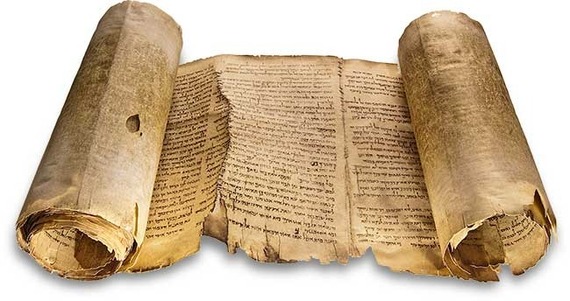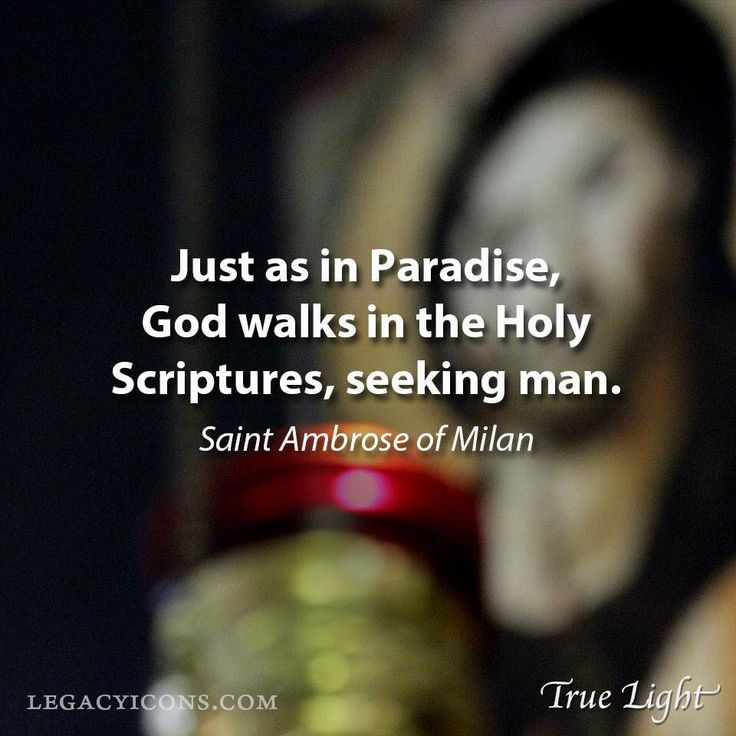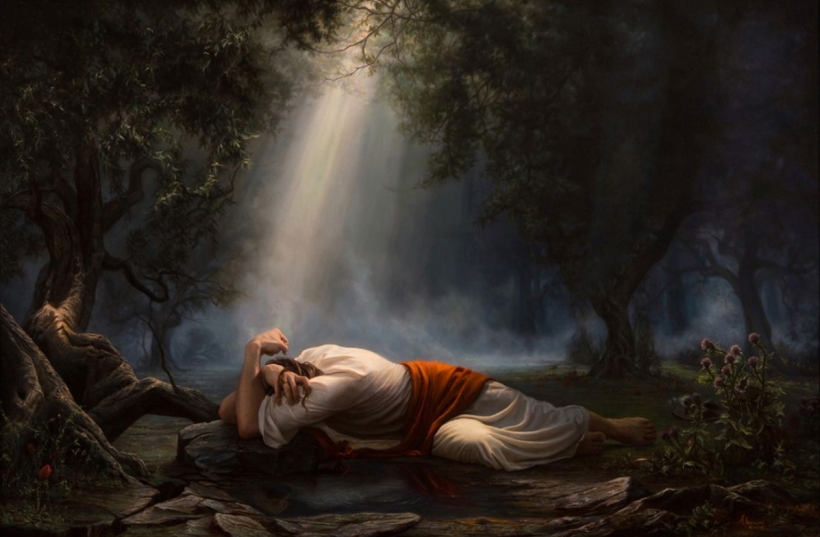It is awesome being Catholic! Not because being Catholic makes us better than any other Christians, but it does give us access to the fullness of the faith. All Protestant churches have chosen to strip certain blessings and treasures from themselves. One of these treasures is the Deuterocannonical books of the bible. These books were written a relatively short time before the coming of Jesus.
For the purpose of understanding why Catholic bibles include these books and Protestant bibles don’t, I’ll give a quick history. The Jewish cannon of scripture evolved slowly over time, as more books were written. There were different groups of Jews who accepted different books as Scripture. Some only considered the first five books (Torah) as inspired Scripture. Other included the additional Prophets and Writings sections. Still others used the Greek version called the Septuagint, which included all the Old Testament books that Catholics have in their bibles today. The Apostles used this Septuagint, and the Catholics Church has continued to include all of its books going back to those Apostles. Around the year 80 AD, a Jewish council came together to establish an official cannon of scripture. The Deuterocannonical books contain many obvious references to Jesus, so the Jews cut them. 1400 years later Martin Luther sought to bring the Church back to her roots. He looked around and saw the Jewish religion of his day excluding those books, so he did the same. For a more detailed history, check out this link.

Anyway, one of these books that has some really astounding references to Jesus is the book of Wisdom. I was reminded of one of these passages as we heard the account of Jesus’ Passion and death a couple times during this Holy Week. Remember this passage from Matthew, as the scribes mocked Jesus as he hung from the cross?:
Let him come down from the cross now, and we will believe in him He trusted in God; let him deliver him now if he want him. For he said “I am the Son of God.” Matthew 27:42-43
Notice how the chief priests, scribes, and elders associated God delivering Jesus with His claim to be Son of God? While this makes sense from a logical perspective (wouldn’t God want to save His own son?), it becomes so much richer when you look at the Book of Wisdom.
Let us see if his words are true,
and let us test what will happen at the end of his life;
for if the righteous man is God’s child, he will help him,
and will deliver him from the hand of his adversaries. Wisdom 2:17-18
It amazes me how closely this Scripture passage fits Jesus! The Crucifixion represents the end of His life. He claimed to be, and was in fact, the Son of God. He was being killed at the hands of his adversaries. That’s a pretty tight fit!
The rest of the chapter goes on to describe how the subjects of the chapter were blinded by their wickedness, for treating the righteous man in that way. If you haven’t read it lately, I urge you to check it out. Keep in mind the verses in Matthew 27 as you read it.
If you’re Catholic, I urge you treasure the fullness of faith that we have received from Jesus through his Apostles and their successors. If you’re not Catholic, I invite you to take a fresh look at our faith. It’s easy to take for granted all the things others have told you about Catholicism. But why not let informed Catholics tell you what we believe? A great resource for doing so is Catholic Answers. God Bless!




